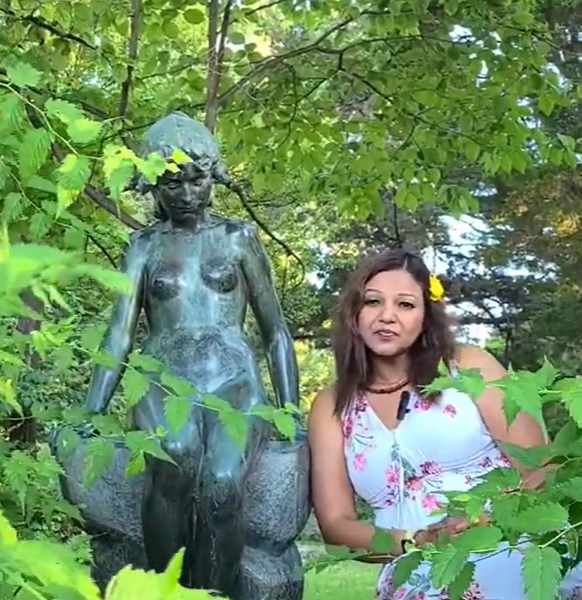Archaeologists in Egypt have uncovered a treasure trove of some 100 intact sarcophagi dating back more than 2,500 years, the government said on Saturday.
Officials said the discovery of the sealed wooden coffins in the Saqqara necropolis south of Cairo was the largest such find this year.
Experts who worked on the excavation said they belonged to top officials of the Late Period and the Ptolemaic period of ancient Egypt.
One coffin revealed a mummy wrapped in a burial shroud adorned with brightly colored hieroglyphic pictorials.
Saqqara was an active burial ground for more than 3,000 years and is a designated UNESCO World Heritage Site.
Archaeologists in the area found 59 other well-preserved and sealed wooden coffins just over one month ago.
Egypt eyes tourism boost
“Saqqara has yet to reveal all of its contents. It is a treasure,” Antiquities and Tourism Minister Khaled al-Anany said at the unveiling ceremony.
“Excavations are still underway. Whenever we empty a burial shaft of sarcophagi, we find an entrance to another.”
More than 40 statues of ancient deities and funerary masks were also discovered, he said.
Another two wooden statues were found in the tomb belonging to an ancient judge of the 6th dynasty, according to Mostafa Waziri, secretary general of the Supreme Council of Antiquities.
Archaeologists also hope to find an ancient workshop for manufacturing wooden coffins for mummies soon, he said.
They will be displayed in several museums across Egypt including the yet-to-be-opened Grand Egyptian Museum at the Giza plateau.
Ministers hope such discovery will help boost tourism, which has been badly hit by the global coronavirus pandemic and the aftermath of a 2011 uprising that toppled dictator Hosni Mubarak.
Source: dw.com






















